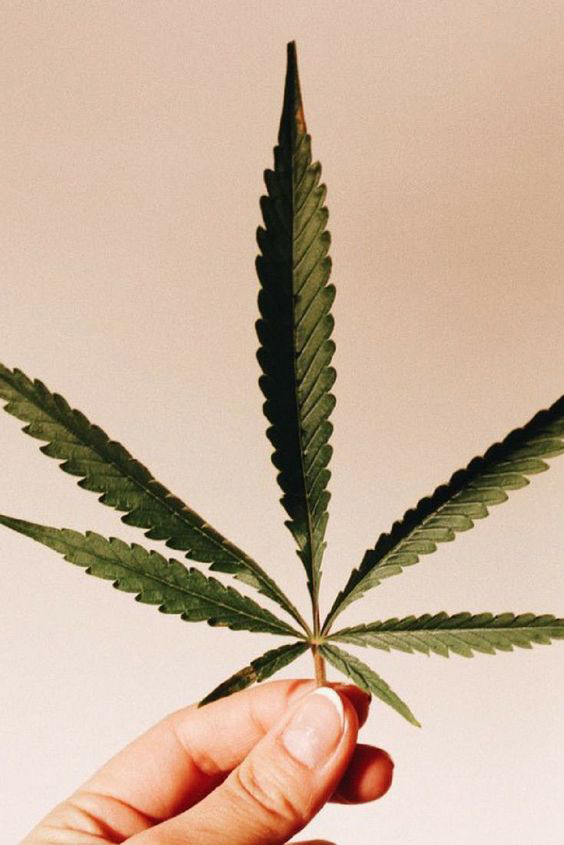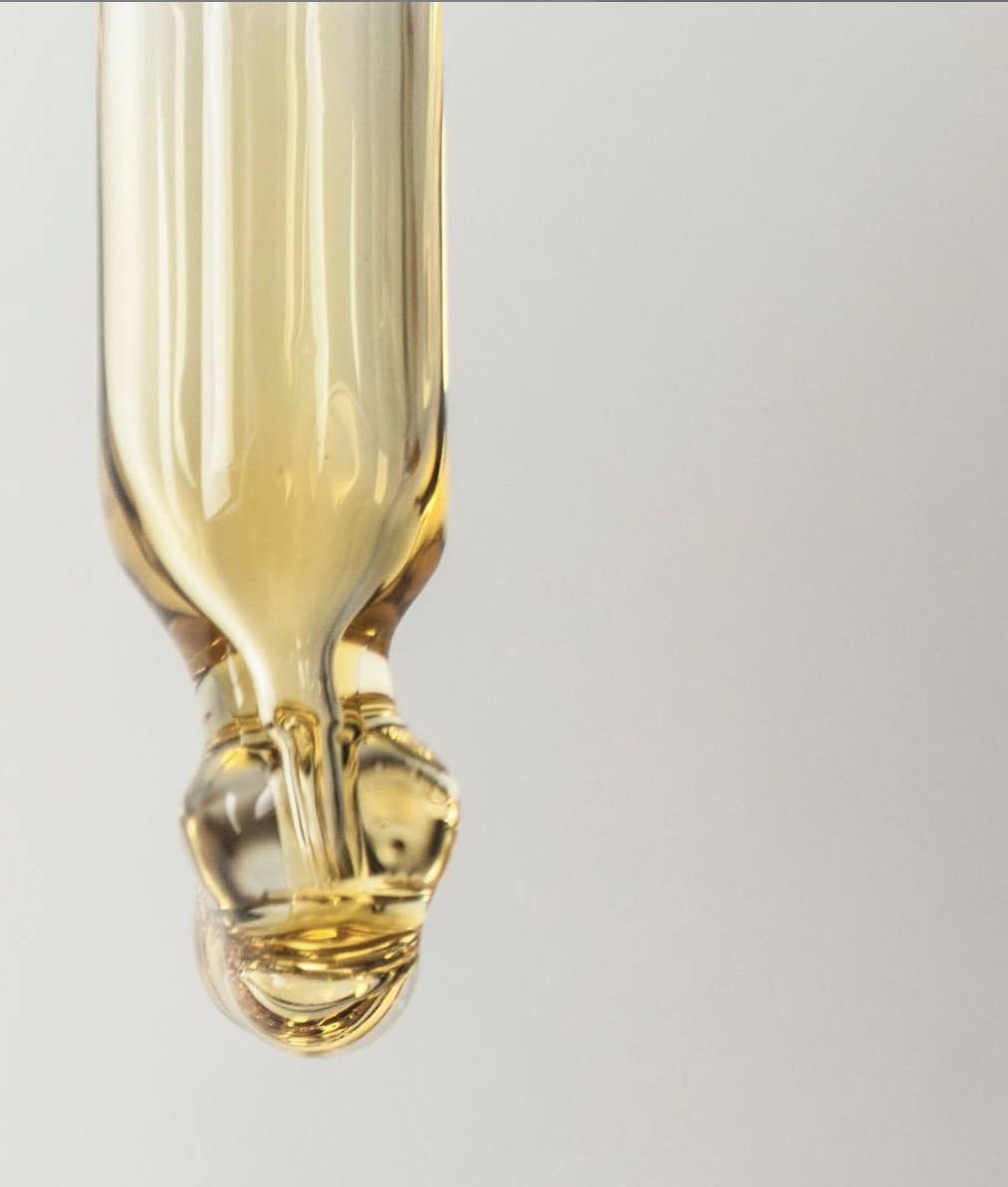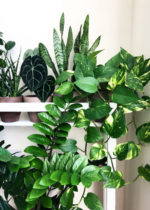
Over the last few years, have you noticed a new supplement popping into everything? From gummies to face cream, as a booster for your morning coffee to even your dog’s treat, CBD is everywhere. It’s the latest wellness trend that everyone’s talking about — but, what exactly is CBD?
What is CBD, and is it really the “new” miracle supplement?
CBD or cannabidiol is one of the over 100 chemical constituents of the cannabis (marijuana) plant. Unlike marijuana, CBD does not contain any THC (Tetrahydrocannabinol), which is the psychoactive component of the plant. So don’t worry, you won’t get a euphoric high by using CBD. The oil is made by extracting CBD from the cannabis or hemp plant, and diluting it with a carrier oil like coconut or hemp seed oil.
Although CBD has experienced a sudden burst of popularity worldwide, cannabis has been known for its medicinal properties for thousands of years. In fact, the medicinal and recreational use of cannabis in India dates back to the Vedic period, as the ‘bhang plant’ was hailed as one of nature’s sacred distress relieving plants in the Atharva Veda.
Because of the lack of a psychoactive component, CBD is said to have all the health benefits of medical marijuana without the undesired intoxication. And many believe that CBD is the answer to a multitude of health problems: from anxiety, chronic pain, insomnia, diabetes to even cancer.
Why is it so popular?
It’s probably a result of it falling in the intersection of 3 huge consumer trends:
- The herbal supplement industry
- The growing anxiety of our generation
- The rise of the legal cannabis market
CBD is known to benefit:
Epilepsy: The FDA has approved CBD as a seizure medication to treat 2 types of epilepsy. It is especially known for its benefit on kids with seizures.
Arthritis Pain: A study shows that CDB could help manage arthritis pain, and research shows a significant drop in inflammations and signs of pain without additional side effects.
Chronic Pain: CBD oil shows a lot of potential for pain relief, especially because of its lack of intoxicating elements and possibly lower side effects than many other pain medications. Research shows that subjects are likely to not build up a tolerance to CBD, hence not needing to continuously increase the dose.
Other uses:
Smoking Cessation and Drug Withdrawal
Reducing some effects of Alzheimer’s
Antipsychotic effects on people with schizophrenia
Acne
Complementary therapy for cancer patients
Type-1 Diabetes
Even with its popularity in health and wellness circles, research on CBD has been limited; and its long-term effects on hormones and the brain has not been studied yet. Research is required to determine the potential side effects CBD has on the body over a period of time.
So if you plan to join the growing revolution of people using CBD for relief and support with anxiety, pain, insomnia or any other health issues, you now face the hard decision of choosing the best way to take it. And many exist. Topical, vaporizers or edibles, which is best for you? And how much should you take?
How to use CBD
Don’t be overwhelmed by the wide variety of CBD products, as each method delivers CBD to your body in a different way. The way you administer CBD is determined by what purpose you’re using it for, and how often you take it.
For example, if your target is located close to your skin or a mucous membrane (i.e. vagina), you could try a localized product like creams, lotions or sprays. This delivers the highest concentration of CBD exactly where you want it.
Alternatively, if CBD needs to travel through your bloodstream to reach its target, whether that’s to your brain, immune system, or somewhere else – vaporizers and oral products (pills, oil, tinctures) are best for this purpose.
How well a method works varies from person to person and is influenced by many factors (how you take it, the concentration of CBD, your body’s chemistry, your weight, and the severity of the condition being treated) so dosing is a highly individual process. The “one dropper of oil per day” is nothing but a myth.
Once you find your optimal CBD method and dosage, note that it may change if you switch products. As CBD is mostly available as an unregulated supplement, products often contain misrepresented information and may not mention if they contain THC.

Is it safe?
CBD, although generally considered safe, it is known to lower blood pressure, and can interfere with your body’s ability to process certain pharmaceutical drugs. Other side effects include tiredness, diarrhoea, change in appetite, weight gain or loss etc. Hence it is advisable to consult your physician if you decide to supplement with it.
Ok, but is CBD legal?
Even with India’s varied history of cannabis usage, its legality has been a matter of debate. Even though there are strict laws against cannabis cultivation and use since 1961, recent government regulations have made it possible to cultivate nonnarcotic hemp for its fibers – the seed, flowers, and oil remain illegal. Though India has been slow to catch on the worldwide CBD boom as more and more countries are legalizing it, there has been a push to regulate and legalize cannabis products that currently operate through the black market.
The bottom line…
CBD and it’s varied benefits are being safely explored globally, and if it is something that you would like to start taking, do your research and find something that works for you.






